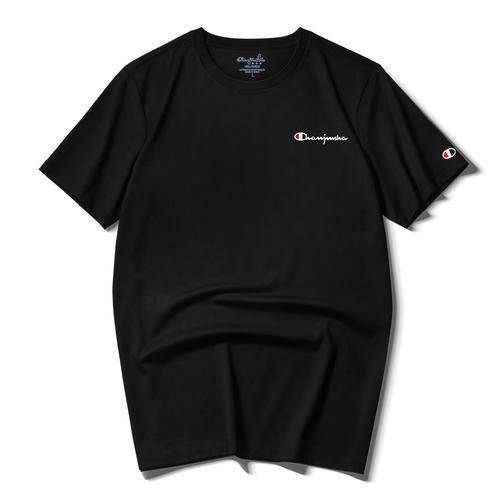It is very important to choose the fabric suitable for making customized T-shirts, which directly affects the comfort, texture and service life of the T-shirt. The following are some suggestions for choosing suitable fabrics:
1. Comfort: The fabric used to make T-shirts should be made with comfort as the primary consideration. Choosing soft, breathable, and hygroscopic fabrics can provide a good wearing experience. Common comfort fabrics include cotton and cotton blends, which are soft, breathable, and good at wicking moisture.
2. Adapt to different seasons: Different seasons correspond to different fabric needs. In summer, choosing fabrics with good breathability and strong moisture absorption, such as cotton or bamboo fiber, can make the T-shirt more comfortable and reduce the feeling of sweating and airtightness. In winter, choosing warm, thick fabrics, such as wool or blended fabrics, can provide sufficient warmth.
3. Durability: The durability of the fabric is directly related to the service life of the T-shirt. Choosing fabrics that are resistant to wear and washing can ensure that the T-shirt will maintain good quality after long-term use. Common durable fabrics include polyester and nylon fabrics, which have high tensile strength and abrasion resistance.
4. Color retention: Some fabrics are better able to absorb pigments and maintain color brightness during the dyeing process. Choosing fabrics with good dyeing properties can ensure that the color of your custom T-shirt is uniform and bright. Some common fabrics that have good dyeing properties include cotton, nylon, and polyester.
5. Texture and texture: The texture and texture of the fabric determine the overall appearance and feel of the T-shirt. According to personal preferences and design style needs, choose suitable texture and texture of fabrics. For example, choosing silk fabrics can create a soft and shiny feel, while cotton and linen blends can bring a natural, original texture to T-shirts.
6. Sustainability: More and more consumers are becoming more aware of sustainable development and environmental protection, and choosing environmentally friendly fabrics is also an important consideration. For example, organic cotton and recycled fiber fabrics (such as recycled polyester, hemp, etc.) are sustainable options that have a lower environmental impact and are more sustainable.
In summary, selecting fabrics suitable for making custom T-shirts should take into account comfort, seasonality, durability, color retention, texture and texture, and sustainability factors such as sex. The ideal fabric should be comfortable, durable, easy to dye, available in a variety of textures and textures, and sustainable. By carefully selecting the right fabric, you can ensure that you create a custom T-shirt that suits your individual needs and is of excellent quality.






